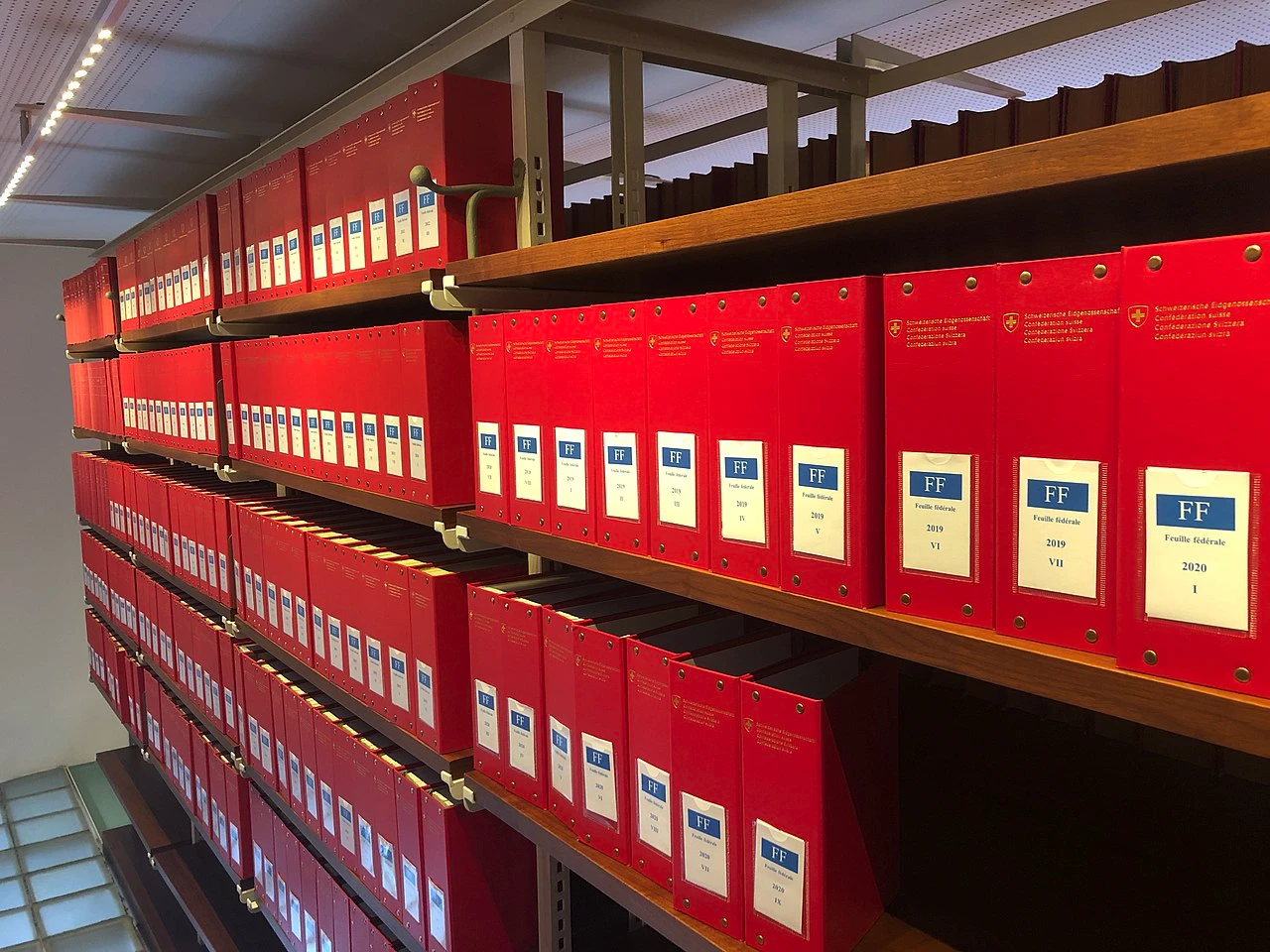On January 1, 2021, the “Executive decree concerning the minimum hourly wage by economic sector” of November 18, 2020 entered into force, which is based on the “Minimum wage law” of December 11, 2019, which entered into force in following the approval of a popular initiative on 14 June 2015.
The Decree contains the list of each economic branch, the respective median hourly wage at the Swiss level and respectively the target for the Canton of Ticino, i.e. a minimum equal to 55% of the Swiss median hourly wage.
The adjustment of the salary structure within each individual company is envisaged in various stages, the first of which (“phase 1”) to be implemented by 31 December 2021 and preferably within the deadlines set by the Decree, i.e. a minimum oscillating between 19.00 Fr/h and 19.50 Fr/h, depending on the economic sector to which they belong (NOGA classification).
The next stages of implementation are as follows:
Phase 2 to be implemented by 31 December 2023, which provides for a minimum threshold ranging between 19.50 Fr/h and 20.- Fr/h;
Phase 3 to be implemented by 31 December 2024, which provides for a minimum threshold ranging between 19.75 Fr/h and 20.25 Fr/h.
Once the transitional phase provided for by the law has ended (i.e. 12.31.2024), the cantonal minimum wage will remain between 19.75 Fr/h and 20.25 Fr/h depending on the sector to which the employer belongs, subject to annual updates based on the evolution of the national consumer price index.
In terms of penalties in the event of infringement, the law provides for an administrative fine of up to Fr. 30,000.-, respectively proportional to the amount saved by employers for failure to comply. This proportionality stands at 160% of the difference between the salary due according to the law and the amount actually paid. This proportionality may be reduced up to 50%, if the actual retroactive wage integration is proven.
For any further needs or additional information, do not hesitate to contact our specialists!








